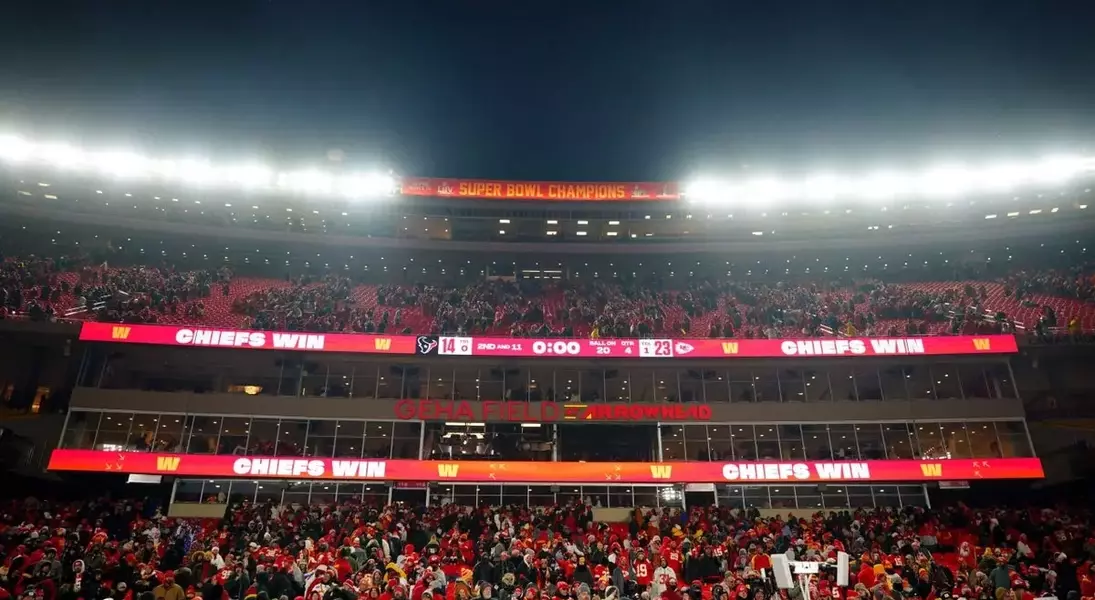
Harnessing Legislative Power to Protect Sports Heritage
This legislation marks a pivotal moment in the battle for sports supremacy along the Missouri-Kansas border. By offering substantial incentives, Missouri aims not only to preserve its rich sporting legacy but also to ensure economic stability tied to these iconic franchises.
A New Era for Stadium Development
The recent approval by Missouri lawmakers paves the way for groundbreaking changes in stadium infrastructure. Under the new provisions, the state is authorized to fund up to half of all construction expenses via state-issued bonds. Additionally, tax credits amounting to $50 million per stadium are now available, contingent upon local governmental support.
These measures reflect a comprehensive strategy to meet the demands of both franchises. For instance, the Chiefs have expressed interest in either renovating Arrowhead Stadium or constructing a cutting-edge domed arena. Meanwhile, the Royals seek to relocate to a newly built ballpark before their current lease concludes in 2031. Such ambitious plans necessitate robust financial backing, which this legislation aims to provide.
Public Sentiment Shaping Decisions
Despite initial setbacks, public opinion continues to influence decisions surrounding the teams' future locations. Last year, an initiative proposed to Jackson County voters sought an extension of a modest sales tax increase to finance renovations and developments. Unfortunately, this proposal failed to gain traction among residents, casting doubt on whether the necessary funds could be raised locally.
Kansas legislators capitalized on this hesitation by approving state bonds last summer. These bonds promise coverage of up to 70% of potential new stadium costs within their jurisdiction. While set to expire at the end of June, there remains room for renewal, adding urgency to negotiations while presenting alternative options should Missouri's efforts fall short.
Leadership Endorsements Strengthen Commitment
Statements from key figures underscore confidence in Missouri’s ability to retain its cherished sports teams. The Chiefs issued a press release acknowledging the recent legislative milestone as "a significant step forward," enabling them to explore various pathways toward remaining in the state. Their endorsement signifies acknowledgment of progress made thus far.
Mayor Quinton Lucas further bolstered optimism with his steadfast belief that both teams will continue calling Kansas City home. Highlighting distinctions between ownership models across state lines, he emphasized advantages inherent in Missouri's approach. Specifically, publicly owned facilities offer long-term fiscal benefits compared to privately managed counterparts prevalent elsewhere. Economic analyses align with his perspective, reinforcing expectations that the Chiefs and Royals will endure in Missouri well into the foreseeable future.
